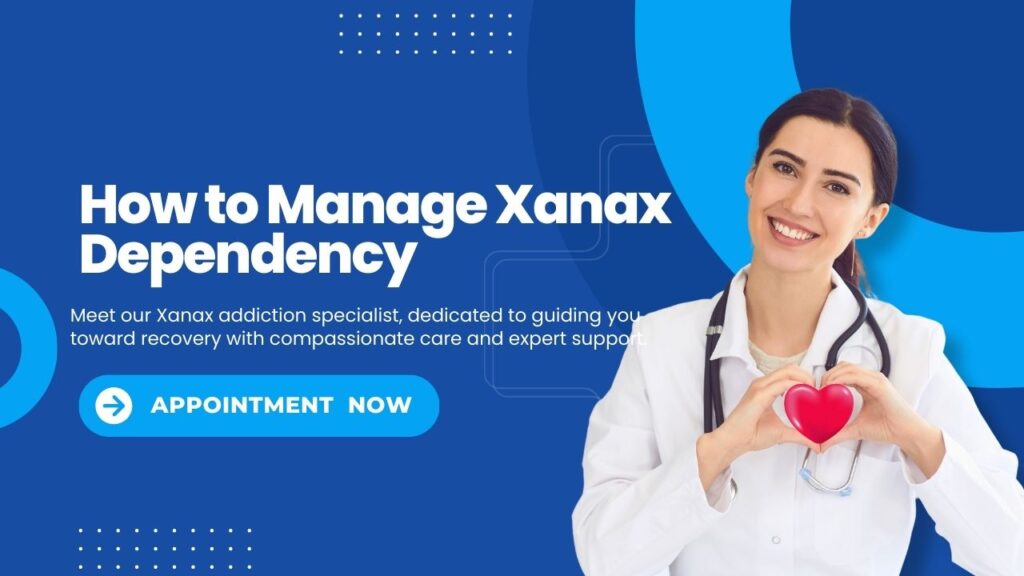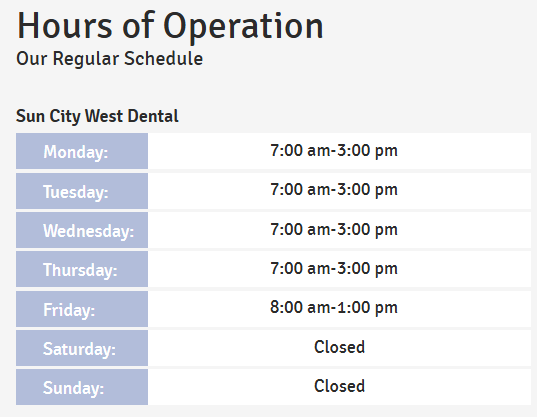Xanax helps people who deal with anxiety and panic disorders. It soothes the mind and aids those who face overwhelming worry. When doctors prescribe it, Xanax proves useful. However, taking too much or using it for a long time can make you dependent on it.
When someone becomes dependent on Xanax, their body begins to need the drug to function normally. This dependence can cause bigger issues like addiction, health problems, and trouble in everyday life. The upside is that you can treat Xanax dependence, and recovery is within reach. This guide will explain the signs, treatment choices, and steps to get better in simple terms that everyone can grasp.
What is Xanax Dependency?
Xanax, a prescription drug, belongs to a group of medicines called benzodiazepines. It has a calming effect on brain activity helping people relax. However, using or taking more than prescribed can lead the body to start to depend on it to feel normal.
Dependency occurs when your body and brain need Xanax to operate. Stopping it might make you feel ill or uneasy. It becomes a cycle where your body craves the drug just to get through each day.
Why is Xanax Addictive?
Xanax affects the brain by boosting a chemical called GABA, which soothes the nervous system. This calming effect makes it valuable for treating anxiety and panic attacks. Yet, with regular use, the brain starts to depend on Xanax to create this calming sensation.
Overtime:
- The body builds tolerance, meaning it needs more Xanax to have the same effect.
- When someone stops taking it, the brain reacts, leading to withdrawal symptoms like anxiety, shaking, or trouble sleeping.
This makes Xanax highly addictive for some people, especially those who take it without proper medical supervision.
Signs of Xanax Dependency
It’s important to recognize the signs of dependency early so that help can be sought. These signs can be physical, emotional, or behavioral.
Physical Signs
- Feeling drowsy or sleepy all the time.
- Slurred speech or trouble talking clearly.
- Poor coordination (tripping, stumbling, or feeling dizzy).
- Shaking hands or body.
- Headaches, nausea, or stomach pain.
Behavioral Signs
- Taking more Xanax than prescribed.
- Running out of pills too quickly or asking for early refills.
- Visiting multiple doctors to get more prescriptions (called “doctor shopping”).
- Avoiding daily activities or responsibilities.
- Secretive behavior, like hiding pills or lying about use.
Emotional and Mental Signs
- Feeling anxious or panicked without Xanax.
- Mood swings or irritability.
- Forgetfulness or confusion.
- Trouble concentrating on tasks.
- Feeling depressed or hopeless.
Obtaining Xanax through dangerous methods, such as unregulated online sources, can lead to counterfeit pills and severe health risks. Always consult a licensed healthcare provider for safe and legal access.
If you notice these signs in yourself or someone you care about, it’s important to take action. Dependency only gets worse over time without help.
The Risks of Xanax Dependency
Xanax dependency can cause a lot of harm to a person’s body, mind, and relationships. Here are some of the risks:
Short-Term Risks:
- Overdose: Taking too much Xanax can slow down breathing and be life-threatening.
- Accidents: Feeling sleepy or dizzy can lead to falls, car accidents, or other injuries.
Long-Term Risks:
- Memory problems and difficulty thinking clearly.
- Liver damage from prolonged use.
- Worsening mental health, like severe depression or anxiety.
- Trouble in relationships, work, or school because of dependency.
The earlier dependency is treated, the easier recovery becomes. Delaying treatment makes these risks even more serious.
Treatment Options for Xanax Dependency
Treatment Options for Xanax Addiction
People can achieve long-term recovery from Xanax addiction through effective treatment programs, despite the challenges involved. These programs focus on the physical and mental aspects of addiction. A -supervised detox helps manage physical dependency, while inpatient or outpatient programs address the mental components.
Medically-Managed Detox
Managed Detox Detox plays a crucial role as the first step to handle withdrawal symptoms . Using Xanax for a long time creates a chemical dependency, and quitting can result in severe symptoms, including seizures. Health professionals keep an eye on individuals throughout the detox process giving them anticonvulsants and other anti-anxiety medications when necessary.
Treatment After Detox
Detox under medical care happens in a hospital keeping patients safe, watching their health, and stopping relapses during withdrawal. Treatment After Detox After detox ends, treatment moves to tackle what caused the addiction. Cognitive Behavioral Therapy (CBT) works well. Therapists help people spot bad thinking habits and learn healthier ways to cope. Along with CBT, programs have one-on-one, group, and family sessions. Family therapy aims to fix relationships and build better ways to talk.
Finding the Right Program
Your success depends on choosing the right treatment program. You’ll stay more involved and have better recovery results if you find a program that fits your needs, whether you like holistic, non-religious, or religious options. If you can, go see the facility before you start. Check out the place, the people who work there, and how clean it is. Talk to the staff to learn about how they treat people, what the program is like, and what help they offer after you finish. This support is key when you’re feeling weak after recovery.
Steps for a Successful Recovery
Recovery is a journey that takes time, but every step counts. Here are some steps to help you or a loved one succeed:
- Ask for Help: Talk to a doctor or trusted friend about what you’re experiencing.
- Follow a Treatment Plan: Stick to your doctor’s advice and attend therapy or rehab programs.
- Build a Support System: Surround yourself with people who want to see you recover.
- Avoid Triggers: Stay away from situations or people that make you want to use Xanax.
- Take Care of Your Health: Focus on good habits like exercise, eating well, and sleeping enough.
- Stay Positive: Recovery can be challenging, but it’s possible with patience and determination.
To beat Xanax addiction, you need a full treatment plan. Stopping all at once can kill you so you must detox under medical care to stay safe and comfortable. After detox, you should join a live-in program for 30 to 90 days. This teaches you ways to stay sober for good. If you’re set to move forward, call our trained team to explore your treatment choices.
FAQs: Managing Xanax Dependency
Q1: What should I do if I think I’m dependent on Xanax?
Speak to a doctor as soon as possible. They can help you create a safe plan to reduce your use and start recovery.
Q2: Is it safe to stop Xanax suddenly?
No, stopping suddenly can cause dangerous withdrawal symptoms. Always consult a doctor to taper off safely.
Q3: How long does withdrawal from Xanax last?
Withdrawal can last for days to weeks, depending on how long you’ve been using Xanax. Doctors can help manage the symptoms.
Q4: Can therapy really help with Xanax dependency?
Yes, therapy can help you understand your dependency, manage cravings, and build healthier coping skills.
Q5: Is recovery from Xanax dependency possible?
Absolutely. With the right treatment and support, many people recover fully and live happy, healthy lives.
Conclusion
Dealing with a Xanax dependency can seem like a huge challenge, but you’re not on your own. Getting better is possible if you have doctors, therapists, and people who care about you to help. The key is to speak up and do something about it. You deserve to live without depending on anything, and if you’re patient and have support, you can make it happen. Keep in mind that each time you move forward, you’re heading towards a better, more joyful tomorrow.
Sources
https://www.webmd.com/drugs/2/drug-9824/xanax-oral/details
https://www.drugs.com/xanax.html
https://fortworthmillerdental.com/xanax-alprazolam/


